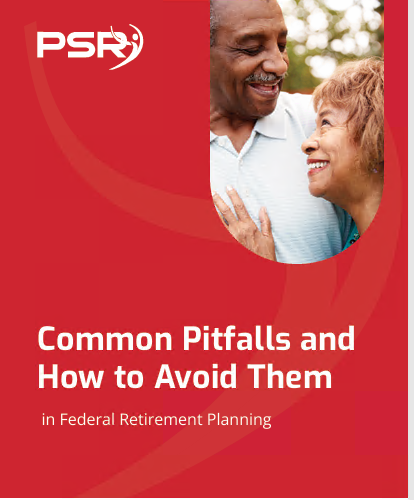As you get ready for retirement, double-check your Social Security benefits. The loss of a spouse is one thing that can have a significant financial impact on your retirement plans.
If your retirement income includes Social Security payments, you should know that you cannot claim both your own and the benefits of a deceased spouse at the same time. Social Security pays out the larger of the two amounts.
3.7 million persons receive Social Security payments based on their deceased spouse’s work record, according to the National Academy of Social Insurance. Another 3.8 million persons are eligible for benefits, but they receive them as a surviving spouse because the amount is higher.
The surviving spouse usually receives the same amounts of Social Security benefits as the deceased spouse. The couple must have been married for at least nine months before death to be eligible for these benefits. Also, the surviving spouse would only be able to file once they reach age 60.
However, this isn’t always the case.
If your spouse passes away, you can take steps right now to avoid incurring excessive Social Security fines.
Make sure your spouse doesn’t start collecting benefits until they’ve reached Full Retirement Age (FRA).
Your spouse can increase the amount of their Social Security benefits and any survivor benefits you receive by waiting until they reach the age of 70 to file.
Also, wait until you’ve achieved FRA before applying for survivor benefits.
You can file for survivor benefits once you reach age 60 if you are disabled. However, this may not be the best decision if you want to avoid penalties. If you claim survivor benefits earlier before reaching FRA, your payments will be reduced by 71.5% to 99%.
Do not remarry till you are 60 years old. (If you’re disabled, it’ll be 50).
If your spouse dies before you turn 60, you may be eligible for survivor payments unless you remarried before then. You will not be entitled to survivor benefits if this is the case. After turning 60, you can keep your survivor benefits (or 50 if disabled) if you remarry.
If you’re still employed, be aware of your earnings limitations.
While you can collect survivor benefits while working, be aware that earnings limits will lower your monthly payments if you haven’t reached Full Retirement Age (FRA). Earnings caps are established by your age and alter every year.
If you are qualified for survivor benefits and have been receiving them due to your spouse’s job history, they will begin as soon as your spouse’s death is reported. You can call the Social Security Administration (SSA) and make an appointment to apply.
Contact Information:
Email: [email protected]
Phone: 7705402211
Bio:
Mack Hales has spent the past 4 decades helping clients prepare for retirement and manage their finances successfully. He also works with strategies that help clients put away much more money for their retirement than they could in an IRA or even a 401k. We involve the client’s CPA and/or their tax attorney to be sure the programs meet the proper tax codes.
Mack works with Federal Employees to help them establish the right path before and after retirement. The goal is to help the client retire worry-free with as much tax-free income as possible and no worries about money at risk of market loss during retirement.
Mack has resided in Gainesville, GA since 1983, so this is considered home. Mack is married to his wife of 51 years, has two boys and five grandchildren.
Disclosure:
Investment advisory services are offered through BWM Advisory, LLC (BWM). BWM is registered as an Investment Advisor located in Scottsdale, Arizona, and only conducts business in states where it is properly licensed, notice has been filed, or is excluded from notice filing requirements. This information is not a complete analysis of the topic(s) discussed, is general in nature, and is not personalized investment advice. Nothing in this article is intended to be investment advice. There are risks involved with investing which may include (but are not limited to) market fluctuations and possible loss of principal value. Carefully consider the risks and possible consequences involved prior to making any investment decision. You should consult a professional tax or investment advisor regarding tax and investment implications before taking any investment actions or implementing any investment strategies.













